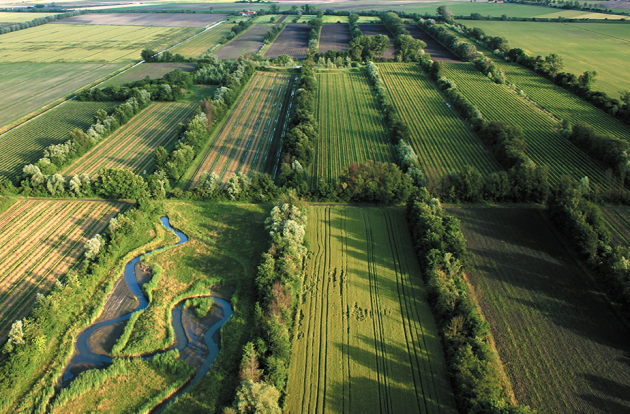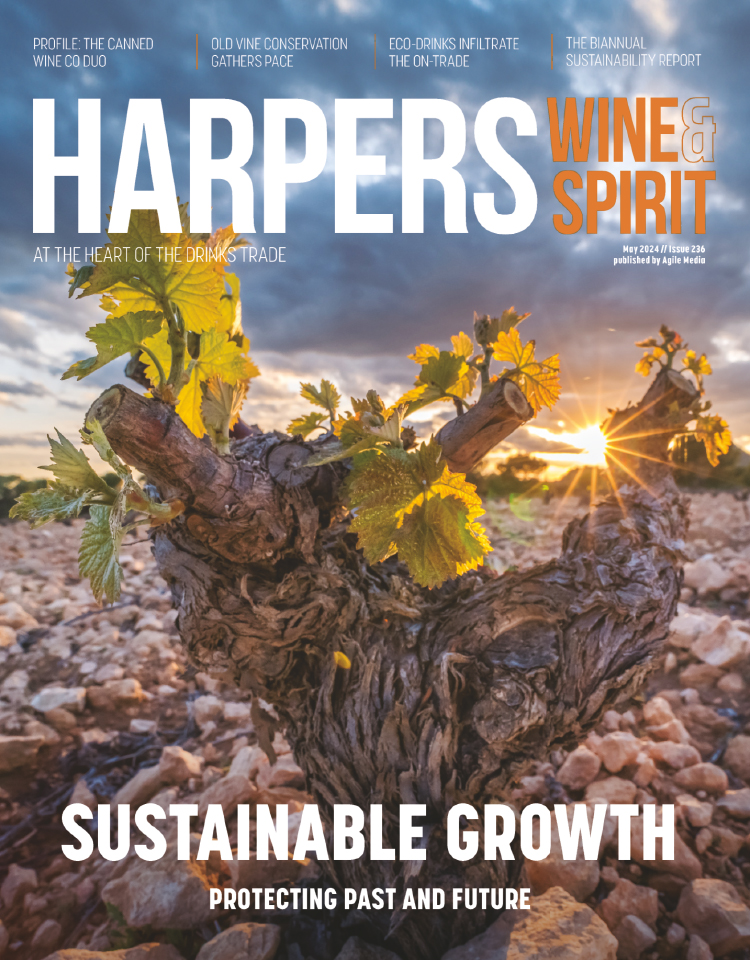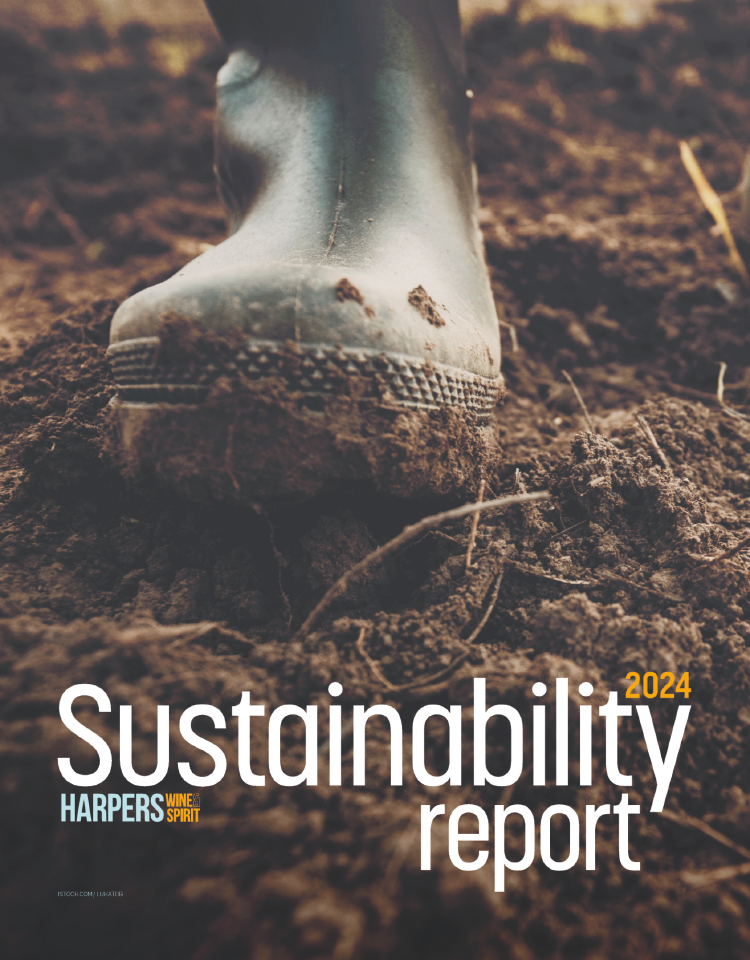
UK organic wine market back on track
Paused by the recession, the UK market for organic wine is back on track, boosted by millennials and their quest for healthier living, alongside consumers in general paying increasing attention to the origins of both food and drink.
In the UK, value sales of organic wine were up 22% in the year to December 31, compared with less than 3% growth in non-organic for the same period (Nielsen Scantrack).
“The recession affected the UK market for organic wines quite strongly, but since last year it seems this has been recovering at a nice pace,” said Jacques Frelin, France’s first ‘only organic’ wine merchant and co-funder of Millésime Bio, the world’s biggest organic wine fair, held for the 25th time in France at the end of last month.
“Millennials are responsible consumers who enjoy finding out the origins of the products they consume. This is, for obvious reasons, great news for the organic wine industry, which is benefiting from this trend across the globe,” Frelin told Harpers at the fair, which saw 1,000 exhibitors from 15 countries gathered alongside 5,000 buyers from near and far.
This is echoed by the Soil Association, which points to a shift in the UK food and drink market as Generation Z builds on millennials’ influence on the country’s culture and economy.
“Organic wine’s reduced exposure to sulphites and extra bioflavonoids, and production methods which better support wildlife and soil health, are all variables that appeal to the growing interest in wellbeing and desire to support ethical products,” said trade relations manager, Lee Holdstock.
According to the Research Institute of Organic Agriculture’s (RIOA) 2017 report, the thirst for organic has encouraged producers to become involved, with surface areas having tripled in the past 10 years to 333,000ha of organically cultivated vineyards, representing 4.7% of global vinegrowing areas worldwide. And Europe is leading the way.
The growth is driven by Spain, Italy and France (in that order), which are by far the largest organic wine producers in the world. Yet, despite the rapidly expanding organic surface areas, the wine currently produced is not enough to keep up with growing consumer demand – at least not in France, said Frelin.
“The organic wine market in France grew by 20% in the past year in terms of consumption and, with production not growing as fast, this is now a problem as there’s more demand than we can supply,” he said, adding the ambition was to double the production of organic wine in France from the current 10% to 20% in the next seven to eight years.
With the large proportion of vineyards currently in conversion – 24% globally according to RIOA – the organic wine offering is poised to increase in years to come, depending on climatic variations.
Getting producers to convert, however, continued to be an uphill struggle, said Frelin.
“It’s a long process – it takes a winery at least three years to achieve organic certification, and it’s not easy to convince producers to convert. This is not helped by the significant cost involved in producing organic compared with non-organic wine,” he said. Producers cannot label wines as organic until the process is complete, so they have to be in a financial position to cover the additional cost of going organic for years before reaping any financial rewards.
But if you are in a position to carry the costs, it’s worth it in the long term – and not just from a financial point of view, Frelin said.
“First the vintner has to be convinced, because you can’t have a better price for the wine at once, and you have to spend more money to make it.
“The first benefits are for the producers’ health. Then, once the wine is certified organic, profit is higher by roughly 10%-30%, but the financial benefit is really hard to tell as each farm is different - it depends on the investment in machines, the number of employees, the economic model and the positioning of the wines.”
On top of the extra cost relating to specific machines (for mechanical weeding, for instance) and the need for more employees to achieve the work that used to be done by chemicals, additional issues facing aspiring organic winemakers include good technical skill.
“To be organic you must have a very good technical background to understand what’s going on in the vineyard and react in an appropriate manner or act before problems occur. In organic agriculture you cannot cure problems and diseases once they are there as you can do in the usual chemical agriculture,” said Frelin.
Despite the obstacles growers are increasingly being motivated to gain accreditation by the rising numbers of suppliers, such as Jascots, keen to support producers who are making that investment in the environment.
Jascots revealed last month that it is more than doubling its organic portfolio this year from the current 11 lines to 27 lines in response to consumer demand. The company says that what has changed is that organic now “really matters to consumers across the world”.
Managing partner Miles MacInnes said: “Because there are organic wines across all styles from all parts of the world, a new ‘brand’ has formed that is driving customer choice. It is much easier to identify on a bottle or wine list and to understand than many of the other assets wines have, such as appellations, DOCs, DOCGs, AVAs, Reservas, Cru Classées and so on.”
He added: “A large number of our partners are undergoing organic conversion and our growing success with organic wines is encouraging more to follow suit.”
Taking into account the increasing interest from consumers, suppliers and producers alike, organic wine looks to be in rude health.
As summed up by the Soil Association’s Holdstock: “UK sales continue to grow, teasing what’s yet to come from this sector. The future of organic wine is a tremendously exciting one”.






